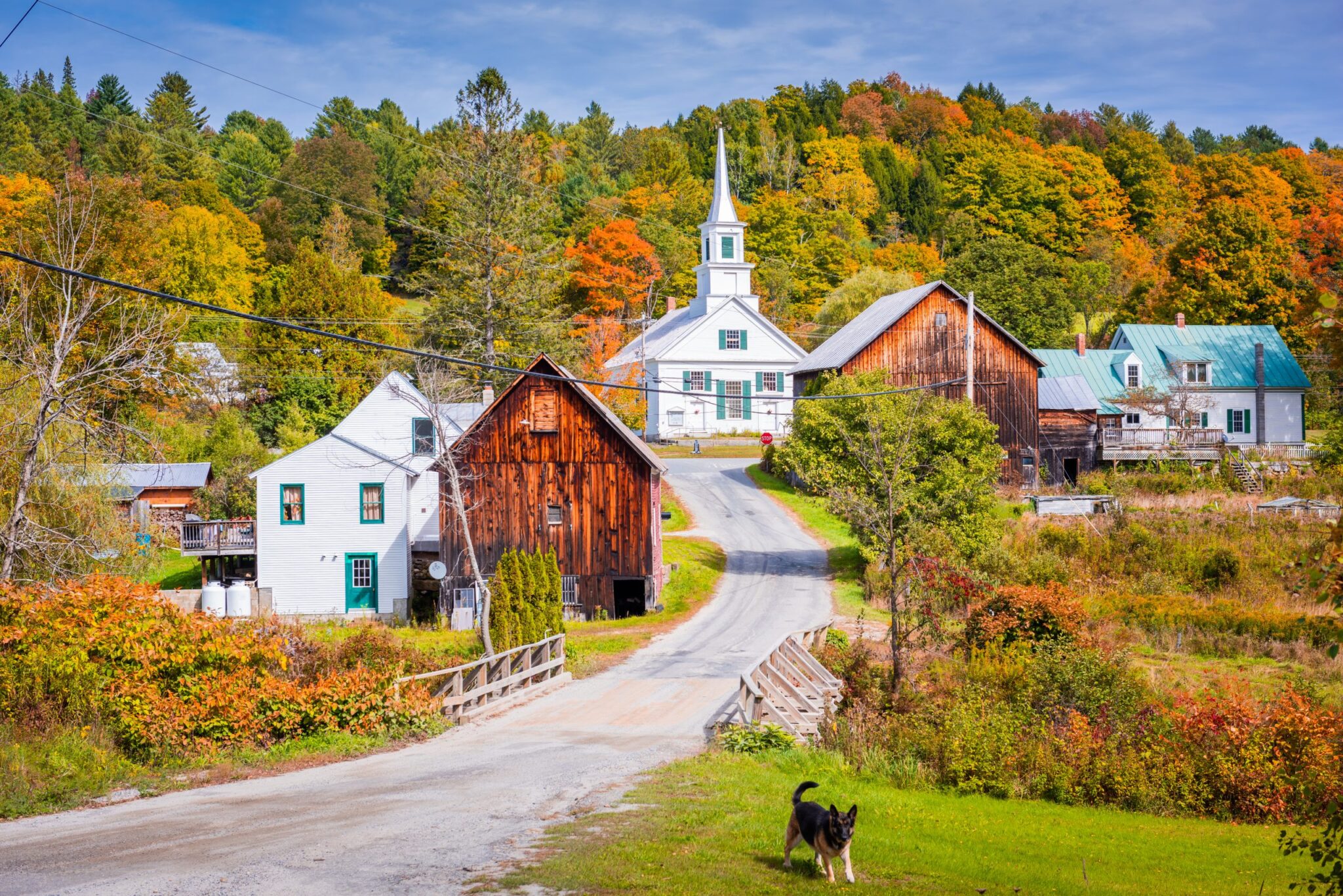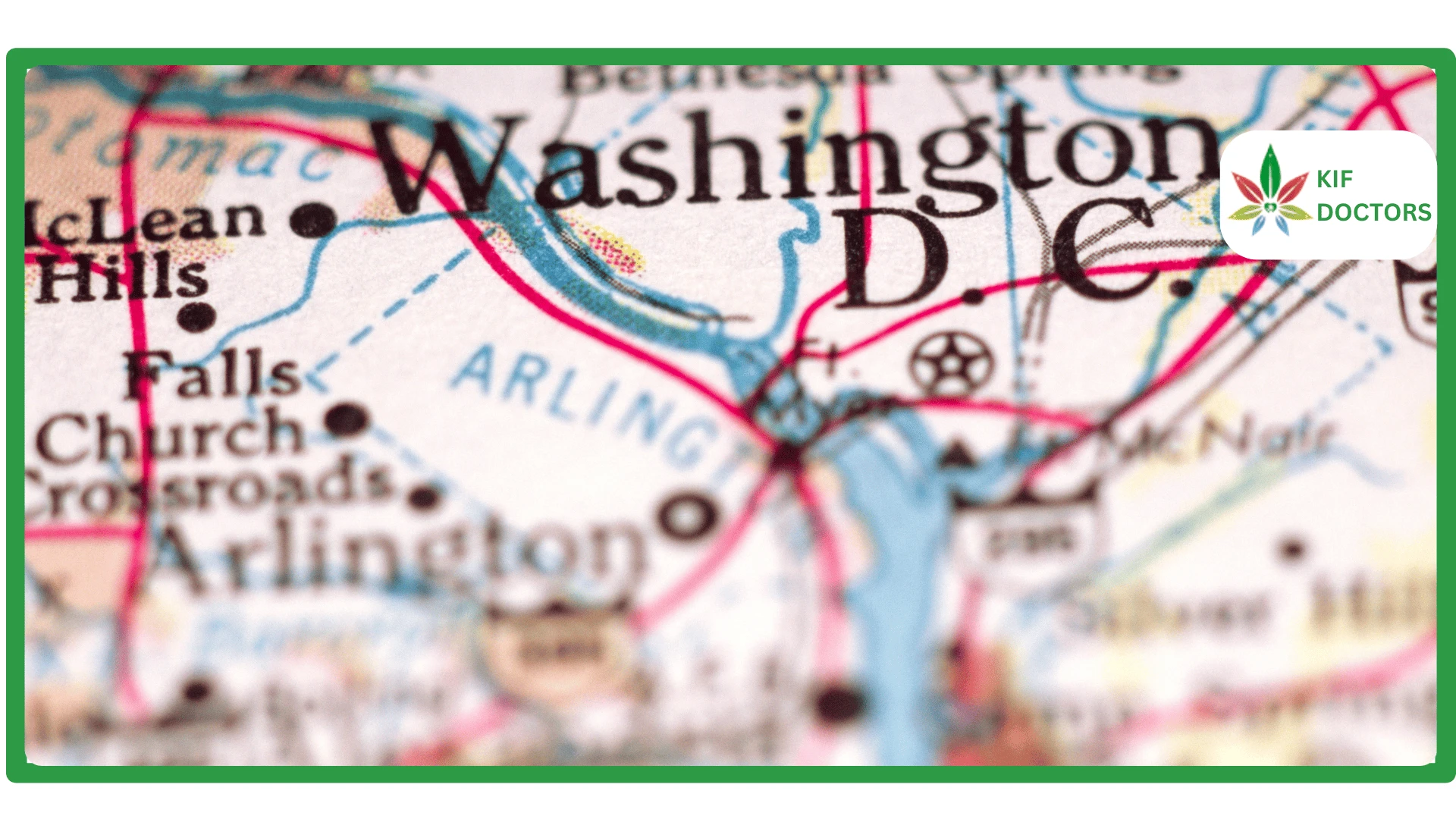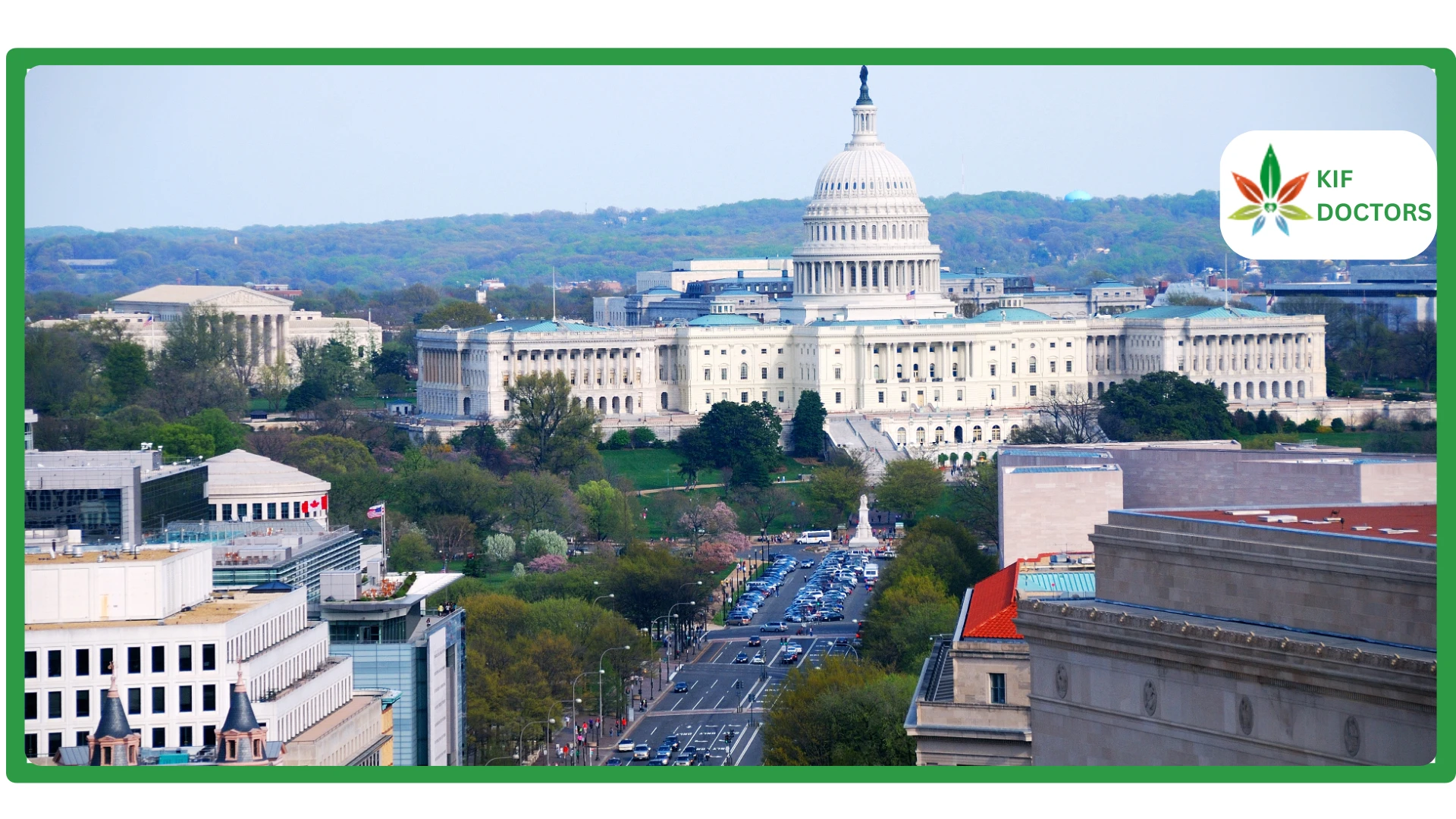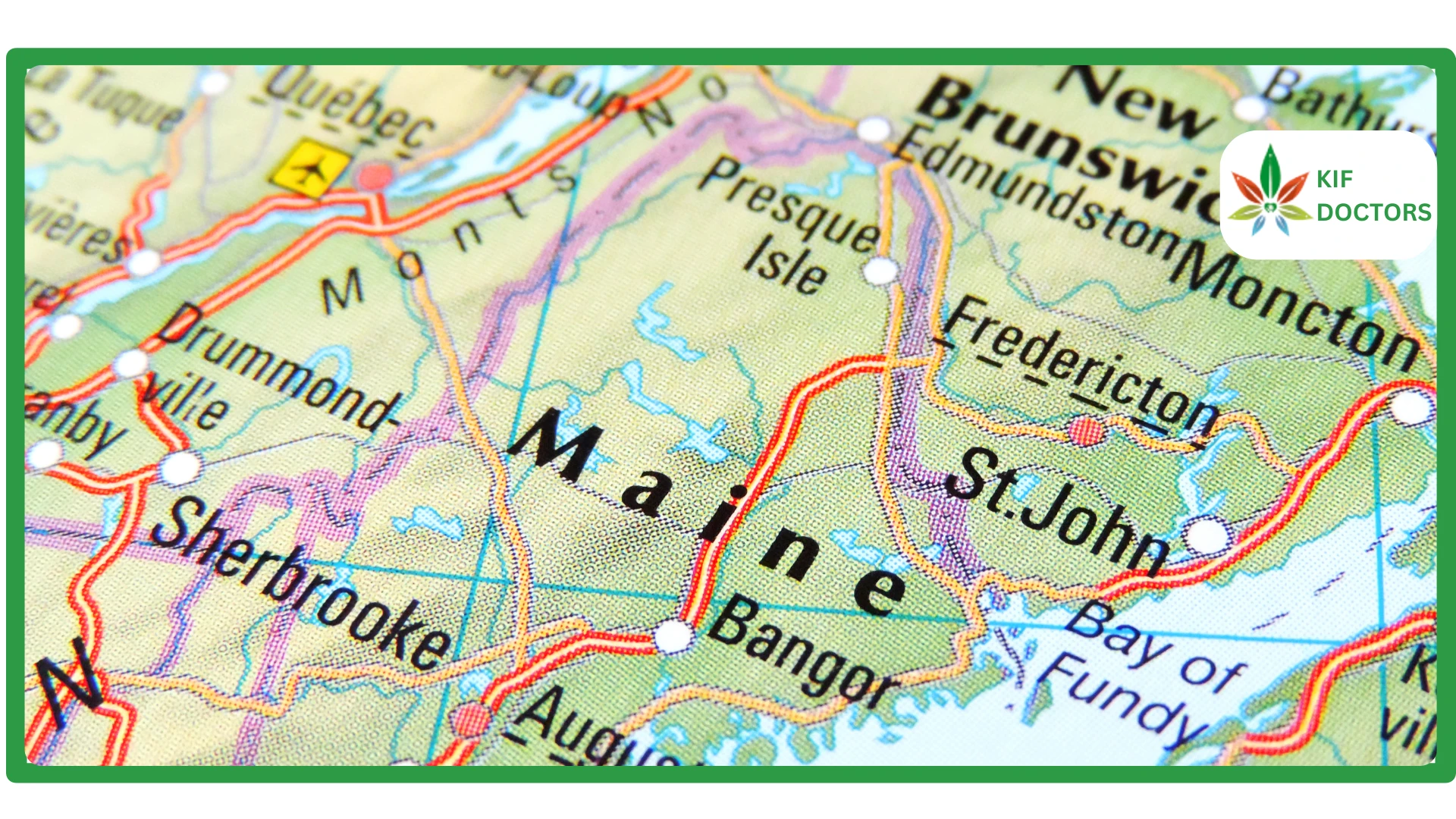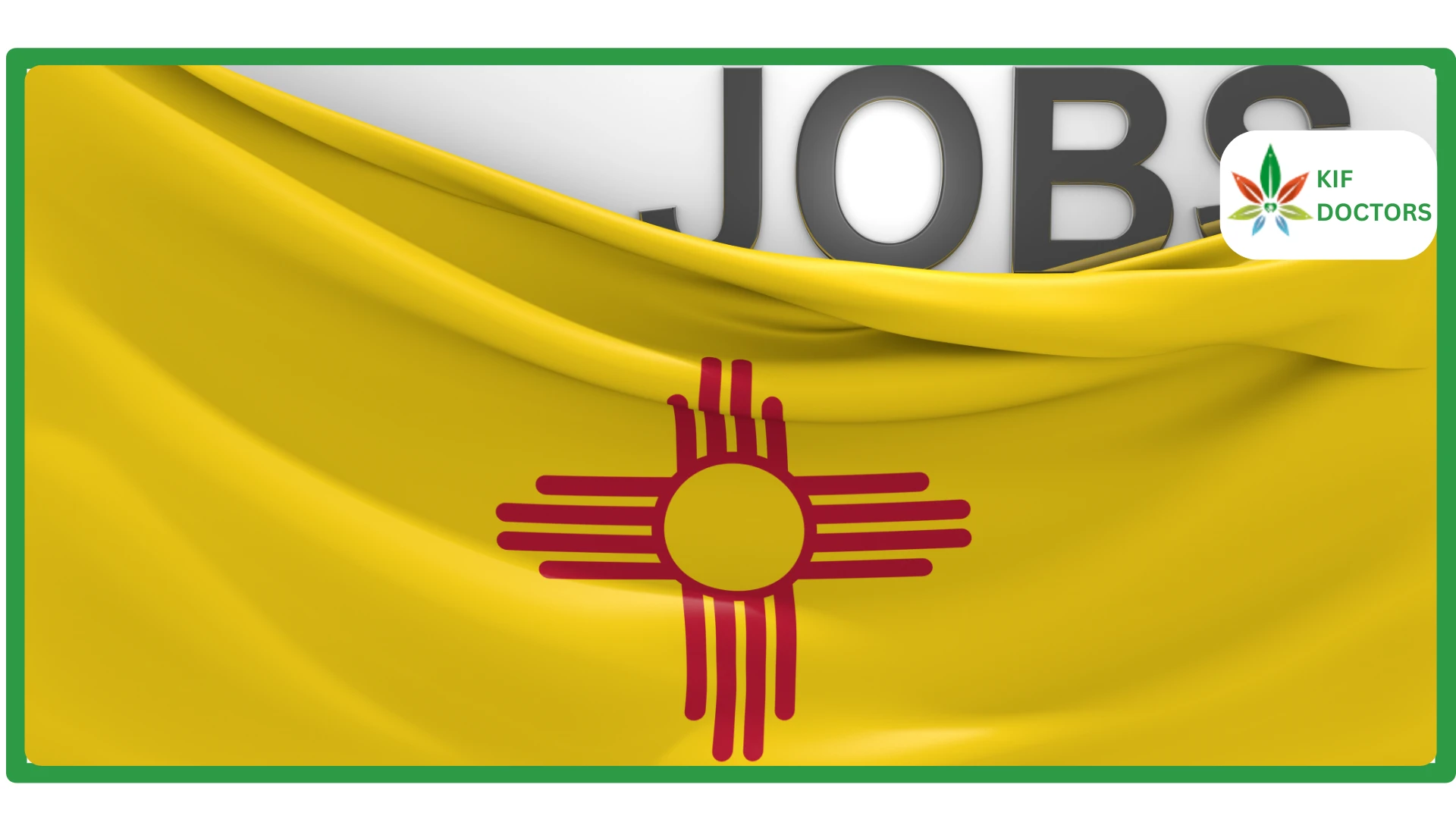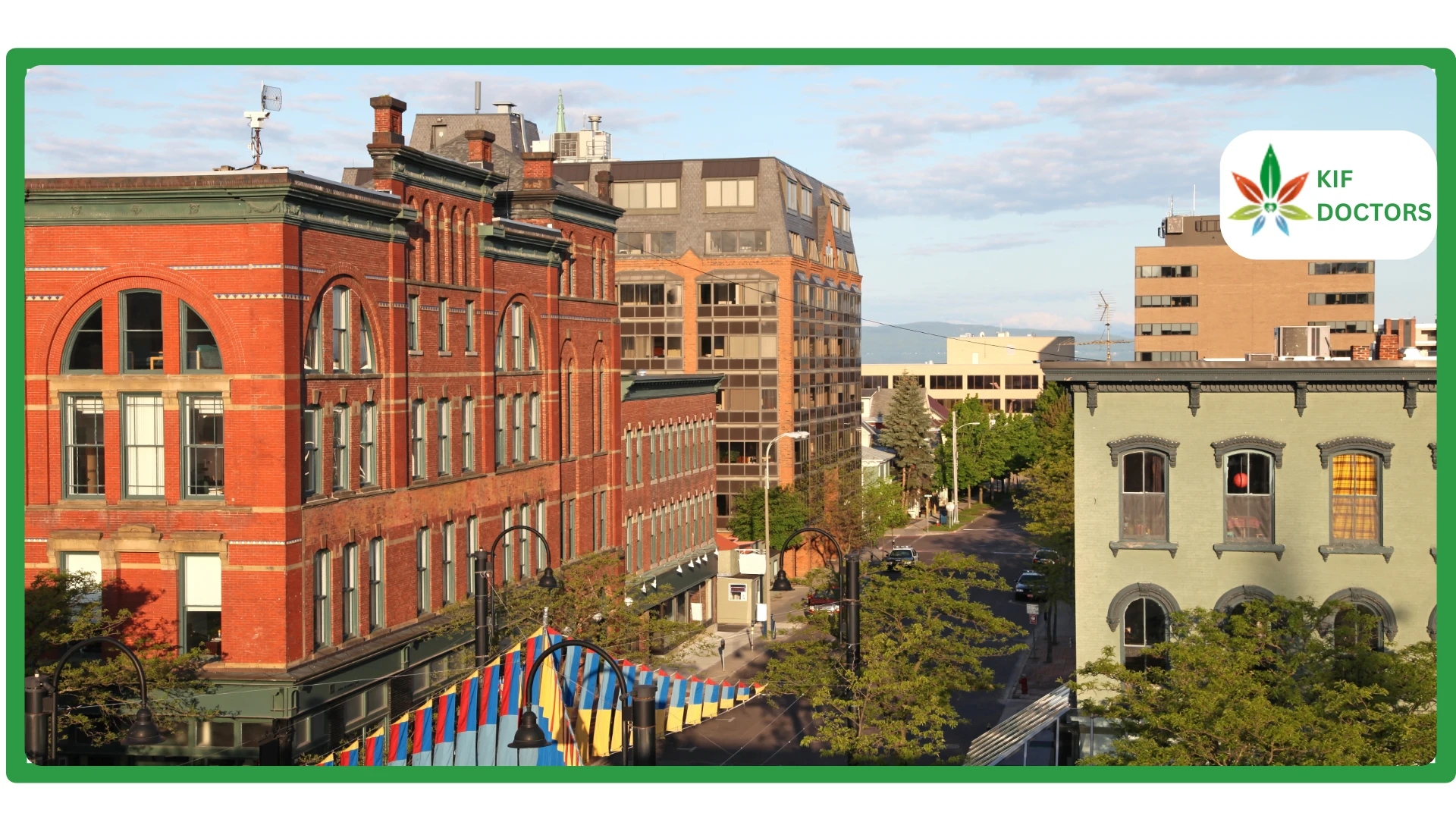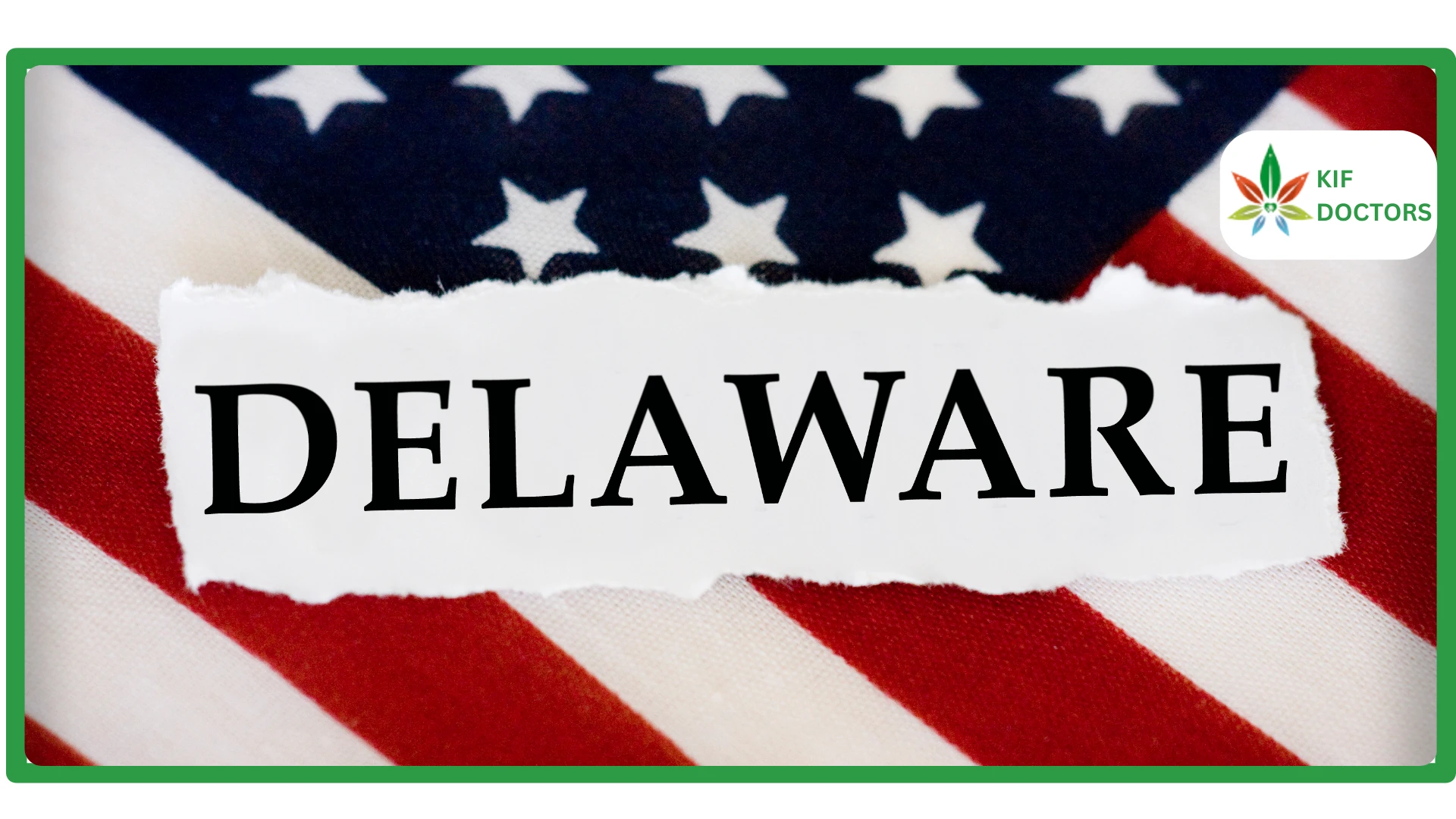Vermont, known for its rolling green mountains and progressive policies, has embraced cannabis legalization in a way that reflects its commitment to individual freedom and social equity. Both recreational and medical marijuana are legal in the state, making it a trailblazer in the Northeast. However, navigating the specifics of Vermont’s cannabis laws can be tricky, with rules governing possession, cultivation, and use. This comprehensive guide breaks down everything you need to know about cannabis in Vermont, from recreational and medical programs to penalties, taxes, and future developments. Whether you’re a resident, a visitor, or a patient seeking relief, this guide offers clear, up-to-date information to help you stay informed and compliant.
Recreational Marijuana in Vermont: A Progressive Milestone
Vermont made history in 2018 as the first state to legalize recreational marijuana through legislative action rather than a voter initiative. Governor Phil Scott allowed House Bill 511 (Act 86) to pass without his signature, legalizing possession and limited cultivation for adults 21 and older, effective July 1, 2018. In 2020, Senate Bill 54 established a regulated market for recreational sales, with dispensaries opening in October 2022. Today, Vermont’s recreational cannabis program is fully operational, overseen by the Cannabis Control Board (CCB).
Adults 21 and older can legally:
- Possess up to 1 ounce of cannabis flower or 5 grams of hashish/concentrates.
- Cultivate up to six cannabis plants (two mature, four immature) at home, regardless of the number of adults in the household.
- Purchase cannabis from over 70 licensed dispensaries, with a single transaction limit of 1 ounce of flower or equivalent (e.g., 14 grams of concentrate or 8,400 milligrams of THC in edibles).
The state imposes a 20% tax on retail cannabis sales (14% excise tax plus 6% sales tax), with no additional local taxes. Revenue supports after-school programs, substance misuse prevention, and the Cannabis Business Development Fund for social equity applicants. Medical cannabis, however, is tax-exempt, reflecting Vermont’s prioritization of patient access.
Despite its progressive stance, recreational use comes with restrictions. Public consumption is illegal, carrying a $100 fine for the first offense. Cannabis use is also prohibited in vehicles, state parks, federal lands, and licensed childcare facilities. Driving under the influence (DUI) of cannabis is a serious offense, with first-time penalties including up to two years in prison, a $750 fine, and a 90-day license suspension. To ensure safety, Vermont requires all law enforcement officers to complete Advanced Roadside Impaired Driving Enforcement training.
Vermont’s Medical Marijuana Program: A Longstanding Commitment
Vermont legalized medical cannabis in 2004 with Senate Bill 76, becoming one of the first states to do so legislatively. The program, now managed by the CCB, has evolved significantly, with expansions in 2011 (dispensaries), 2016 (new conditions), and 2017 (improved access). As of June 2020, over 4,300 patients were enrolled, reflecting the program’s importance for those with serious health conditions.
Registered patients and their caregivers enjoy greater possession and cultivation limits than recreational users:
- Up to 2 ounces of usable marijuana.
- Up to nine cannabis plants (two mature, seven immature).
- The total harvest from home cultivation, which does not count toward the 2-ounce limit if stored securely indoors.
Medical cannabis products are available at five licensed dispensaries, which can also sell to recreational customers. These dispensaries offer delivery and curbside pickup, making access easier for patients with mobility issues. A proposed bill, H.612, aims to allow adult-use dispensaries to serve medical patients with a “medical endorsement,” streamlining access and offering tax-free products. Single servings of medical cannabis products are capped at 100 milligrams of THC to ensure safe dosing.
Qualifying Conditions for Medical Cannabis
To qualify for Vermont’s medical marijuana program, patients must have a diagnosed condition certified by a licensed healthcare professional (physician, osteopathic physician, naturopathic physician, physician assistant, or nurse practitioner). Qualifying conditions include:
- Cancer
- Multiple sclerosis
- HIV/AIDS
- Glaucoma
- Crohn’s disease
- Parkinson’s disease
- Post-traumatic stress disorder (PTSD, without psychotherapy requirement since 2023)
- Chronic pain (severe or debilitating)
- Cachexia or wasting syndrome
- Severe nausea
- Seizures
- Any condition receiving hospice care
- Chronic, debilitating conditions causing intractable symptoms (e.g., severe arthritis)
In 2023, House Bill 270 simplified access by allowing patients with lifelong conditions to renew cards every three years instead of annually and permitting caregivers to serve two patients instead of one. These changes reflect Vermont’s commitment to patient-centered care.
How to Get a Medical Marijuana Card in Vermont
Obtaining a medical marijuana card in Vermont is straightforward but requires careful adherence to state regulations. Here’s a step-by-step guide:
- Consult a Qualified Healthcare Professional: Schedule an appointment with a licensed Vermont healthcare professional (or one licensed in New Hampshire, Massachusetts, or New York for Vermont residents). They must confirm a qualifying condition and establish a patient-provider relationship of at least three months (waived for hospice patients).
- Complete the Application: Submit a patient application to the Vermont Marijuana Registry (VMR), including a signed healthcare professional certification, proof of Vermont residency (e.g., driver’s license), and a $50 fee. Patients under 18 require a caregiver.
- Designate a Dispensary: Choose one of the five licensed dispensaries as your designated provider. Only Vermont residents with VMR ID cards can purchase medical cannabis.
- Receive Your Card: If approved (typically within 30 days), you’ll receive a registry ID card, valid for one year (or three years for lifelong conditions). Renewals require a new application and provider recommendation.
- Access Dispensaries: Use your card to purchase medical cannabis at your designated dispensary, which may offer delivery or curbside pickup.
For a streamlined process, services like Kif Doctors connect patients with certified providers online. I always recommend going for a Medical Marijuana Card Online Instantly to simplify the application and ensure quick access to relief.
Caregivers must be 21 or older, pass a criminal background check (no drug-related or violent felony convictions), and submit a separate application. They can assist patients unable to visit dispensaries, ensuring access for those with severe conditions.
Penalties for Non-Compliance
While Vermont’s cannabis laws are lenient, exceeding legal limits or violating regulations carries penalties. Possession and cultivation penalties include:
- 1–2 ounces or 3–6 plants: Civil penalty (since January 2021), with possible referral to a Court Diversion Program.
- 2–8 ounces or 4–6 mature plants: Misdemeanor, up to 6 months in jail and a $500 fine for first offenses.
- 8 ounces–1 pound or 6–12 mature plants: Felony, up to 3 years in prison and a $10,000 fine.
- Over 10 pounds or 12 mature plants: Felony, up to 15 years in prison and a $500,000 fine.
Selling cannabis outside licensed channels is also penalized. Selling over 1 ounce or 5 grams of hashish can lead to up to 5 years in prison and a $100,000 fine. However, gifting up to 1 ounce to another adult 21 or older is permitted if not advertised publicly. Paraphernalia possession is a civil fine (up to $500), while selling paraphernalia to minors carries up to 2 years in prison and a $2,000 fine.
Vermont offers expungement for past low-level cannabis convictions, reflecting its commitment to social justice. Senate Bill 234, passed in 2020, automatically expunges convictions for activities now legal, such as possessing up to 1 ounce, benefiting those disproportionately impacted by prior enforcement.
Hemp and CBD: Widely Accessible
Hemp-derived products, including CBD with 0.3% or less THC, are legal in Vermont under the 2018 federal Farm Bill. These products are available at dispensaries, retail stores, and online without a medical card. Vermont approves both hemp- and marijuana-derived CBD for medical and recreational users, with no possession limits for compliant products. However, synthetic cannabinoids (e.g., K2 or Spice) are illegal due to their dangerous effects, such as seizures and heart palpitations. If someone experiences adverse reactions, immediate medical attention is advised via 911 or the Poison Control Center (800-222-1222).
Consumers should verify product quality through lab reports to ensure THC levels comply with state law. Vermont’s Department of Health monitors hemp production, and licensed growers must adhere to strict testing standards.
Public Health and Safety Considerations
Vermont prioritizes public health in its cannabis policies. The Department of Health warns that cannabis smoke contains toxins similar to tobacco, increasing lung health risks. Vaping cannabis may expose users to toxic substances, and high-THC products can cause severe reactions, particularly in young people. The brain continues developing until the mid-20s, and early cannabis use may impair memory, learning, and mental health, increasing risks of depression or anxiety.
Children are especially vulnerable to cannabis poisoning, particularly from edibles. Vermont law requires child-resistant, tamper-evident packaging, and adults must store cannabis securely out of reach. Pet safety is also a concern; cannabis ingestion can harm dogs and cats, requiring immediate veterinary care. Underage possession (under 21) is a civil violation, with penalties including fines or enrollment in the Youth Substance Abuse Safety Program.
The state allocates cannabis tax revenue to prevention programs, including after-school activities and substance misuse education, to reduce youth access and promote responsible use. For those needing support, Vermont offers free, confidential help through VTHelplink.org or 802-565-LINK.
The Future of Cannabis in Vermont
Vermont’s cannabis market is thriving, with sales projected to reach $250 million by 2026. The state’s 73 retail stores and nearly 400 licensed growers reflect a robust industry, supported by a 20% tax generating around $30 million annually. Recent legislative changes, such as House Bill 270 in 2023, introduced a state cannabis testing lab—the first of its kind in the U.S.—to ensure product safety and accuracy. The bill also created a “propagation cultivator” license for cannabis nurseries, fostering innovation in strain development.
Lawmakers are considering further reforms. House Bill 612 proposes lifting THC potency caps (30% for flower, 60% for concentrates), arguing that caps drive consumers to the black market and limit patient access to effective products. However, the Vermont Medical Society opposes this, citing health risks from high-potency cannabis. The bill also aims to integrate medical and adult-use markets, potentially increasing dispensary access for patients [Vermont Public].
Social equity remains a priority. Vermont’s Cannabis Business Development Fund provides grants and technical assistance to applicants impacted by past cannabis prohibition, particularly people of color. The state’s opt-in policy for municipalities allows local control, with over 70 cities, including Burlington and Middlebury, permitting retail sales. However, some rural areas lack dispensaries, prompting discussions about delivery services, currently prohibited.
While recreational legalization is secure, federal prohibition poses challenges. Cannabis cannot be transported across state lines, and possession on federal lands, like national parks, is illegal. Vermont’s Congressional delegation supports federal reform, but until that happens, users must stay vigilant to avoid federal penalties.
FAQs About Cannabis in Vermont
Is recreational marijuana legal in Vermont?
Yes, adults 21 and older can possess up to 1 ounce of cannabis, 5 grams of hashish, and cultivate six plants (two mature). Retail sales began in October 2022 at licensed dispensaries.
Who qualifies for a medical marijuana card?
Vermont residents with conditions like cancer, PTSD, chronic pain, or epilepsy can apply. A licensed healthcare professional must certify the condition, and patients must register with the Vermont Marijuana Registry.
Can I grow cannabis at home?
Yes, adults 21 and older can grow up to two mature and four immature plants. Medical patients can grow up to two mature and seven immature plants. Home harvests are exempt from possession limits if stored securely.
Can out-of-state visitors buy cannabis?
Yes, anyone 21 or older with a valid government-issued ID can purchase recreational cannabis at licensed dispensaries. However, only Vermont residents can buy medical cannabis.
What happens if I use cannabis in public?
Public use is illegal and carries a $100 fine for the first offense. Consumption is also prohibited in vehicles, state parks, and federal lands to ensure public safety [Vermont Department of Health].
Conclusion
Vermont’s cannabis laws reflect a balance of progressive reform and careful regulation, making it a model for legalization in the Northeast. With recreational and medical programs fully operational, residents and visitors enjoy significant freedom to use and grow cannabis, supported by a robust market and social equity initiatives. However, strict rules on public use, driving, and underage access underscore the state’s commitment to safety. As Vermont continues to refine its policies, from potency caps to medical access, staying informed is key to enjoying cannabis responsibly. Whether you’re exploring dispensaries or seeking relief through the medical program, this guide equips you with the knowledge to navigate Vermont’s green landscape confidently.
 Since 2021, Kif offers a streamlined platform to get a medical marijuana card online. We have served more than 45K patients across the United States. Sign Up Now to get the right to use medical cannabis for your health condition without any delay.
Since 2021, Kif offers a streamlined platform to get a medical marijuana card online. We have served more than 45K patients across the United States. Sign Up Now to get the right to use medical cannabis for your health condition without any delay.















